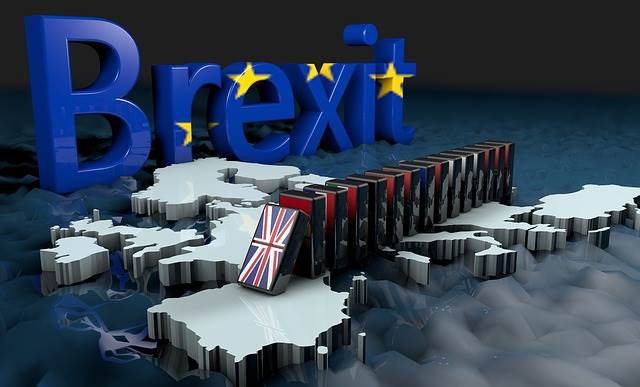 Developments have moved quite fast since my piece last Sunday in which I outlined the U.K. government’s new agreed policy of pursuing an extremely soft, even “name only” Brexit with the European Union in final negotiations which must be concluded before the U.K. final withdrawal from the E.U. on 29th March 2019. After initially appearing to reluctantly accept the collective agreement, the Foreign Secretary, leading Brexiteer Boris Johnson, announced his resignation yesterday. In his resignation letter, he effectively accused the Prime Minister of pursuing a Brexit in name only, betraying of the 2016 referendum, and being prepared to reduce the U.K. to the political status of a colony of the European Union. The Pound immediately fell on the news before stabilizing and beginning to rise again. There was an expectation that the Prime Minister would meet a leadership challenge straight away, with Mr. Johnson the likely leading candidate, but this has not materialized. Forty-eight Conservative Members of Parliament must write to the Chair stating their lack of confidence in the Prime Minister, Theresa May, for a leadership contest to be triggered. As at the time of writing, only one such letter has been received. Another leading Brexiteer, Jacob Rees-Mogg, has declared that he would not stand against Theresa May for the leadership.
Developments have moved quite fast since my piece last Sunday in which I outlined the U.K. government’s new agreed policy of pursuing an extremely soft, even “name only” Brexit with the European Union in final negotiations which must be concluded before the U.K. final withdrawal from the E.U. on 29th March 2019. After initially appearing to reluctantly accept the collective agreement, the Foreign Secretary, leading Brexiteer Boris Johnson, announced his resignation yesterday. In his resignation letter, he effectively accused the Prime Minister of pursuing a Brexit in name only, betraying of the 2016 referendum, and being prepared to reduce the U.K. to the political status of a colony of the European Union. The Pound immediately fell on the news before stabilizing and beginning to rise again. There was an expectation that the Prime Minister would meet a leadership challenge straight away, with Mr. Johnson the likely leading candidate, but this has not materialized. Forty-eight Conservative Members of Parliament must write to the Chair stating their lack of confidence in the Prime Minister, Theresa May, for a leadership contest to be triggered. As at the time of writing, only one such letter has been received. Another leading Brexiteer, Jacob Rees-Mogg, has declared that he would not stand against Theresa May for the leadership.
Despite the turbulence, what this means is that a Brexit in name only, or a very soft Brexit, has become a more likely outcome. There are even signs that the Government are preparing to rely upon other parties in Parliament to get their version of Brexit through. It seems that the pro-Brexit forces in Parliament are not strong enough to stop this process. Of course, the European Union might still not accept the British Government’s proposals for a deal, and the U.K. might end up leaving without a deal. Yet I think it would be naïve to believe that Prime Minister May has not already secretly agreed the outline of a deal with the European Union. It seems to me that there is a compelling case for expecting the value of the British Pound to rise over the coming weeks and months, with the Pound being undervalued as the market remains wary that the Prime Minister might still be thrown out of office by her own party in the meantime. In my view, the British Conservative Party always puts the interests of big business before anything else and can be “relied” upon to deliver a Brexit in name only at any cost, as that is what big business wants. Still, this is likely to hurt the Conservative Party, as a strong majority of its voters backed Brexit in the Referendum of 2016 and are likely to feel betrayed over the very existence of Britain as a sovereign nation.
Interestingly, the pro-Brexit President Trump will be visiting the U.K. at the end of the week, and he gave an interview today in which he said that the U.K. is in “somewhat turmoil” and that Boris Johnson was “a friend of his” whom he “might be speaking to”.
